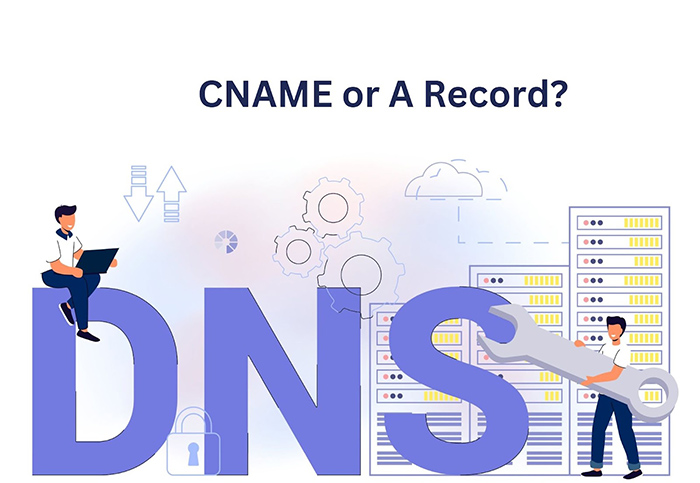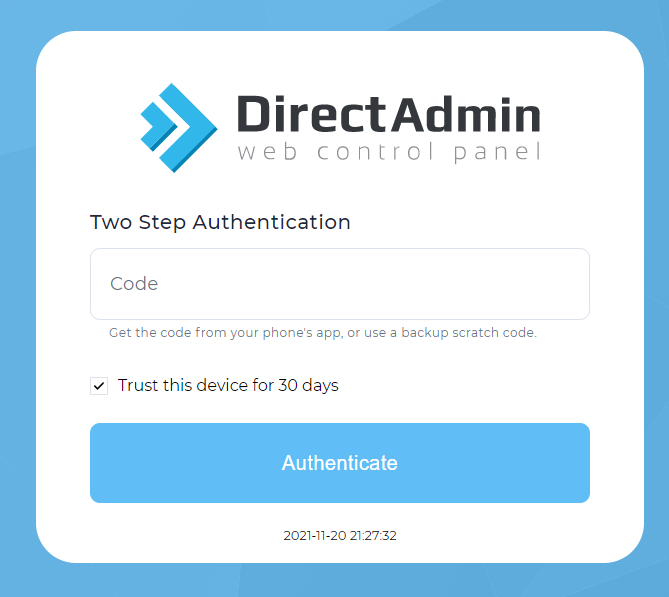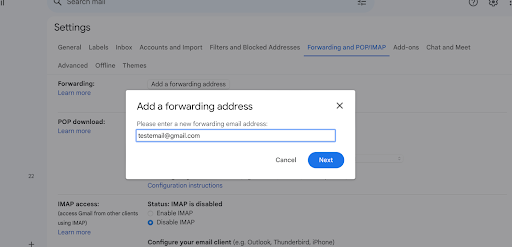What is a CDN and How Do I Use One?
Here's a simplified breakdown of how a CDN works:
- Content Upload: You upload your website's content to the CDN's servers.
- CDN Distribution: The CDN distributes the content across its network of servers around the world.
- User Request: When a user tries to access your website, their request is routed to the closest CDN server.
- Content Delivery: The CDN server delivers the requested content to the user's device.
So, what exactly is a CDN?
Imagine your website's content – images, videos, scripts – all packed up in a box. A CDN is like a network of super-fast delivery trucks scattered around the globe. You upload your content to the CDN, and they zip it off to these trucks, strategically placed for maximum speed. When a visitor from, say, Tokyo tries to access your site, they grab the content from the nearest truck, not all the way from your server (which might be in California). Result? Lightning-fast loading times!
Why should you care about speed?
Because in the online world, speed is king. People are impatient! If your website takes forever to load, they'll bounce faster than a rubber ball. A CDN can not only keep visitors happy, but it can also boost your SEO (search engine optimization). Google loves fast websites, and they're more likely to rank you higher in search results if your site loads in a blink.
But wait, there's more!
CDNs aren't just about speed demons. They can also be lifesavers for your website's availability. If your main server takes a coffee break (read: crashes), the CDN can still deliver content from its network, keeping your website up and running. Plus, CDNs can take a load off your own server bandwidth, potentially saving you some cash in the long run.

Do you need a CDN?
Not everyone does. If you're a small business with a local audience and a simple website, you might be okay without one. But if you have a global reach, tons of images and videos, or are seeing slow loading times, then a CDN could be your website's best friend.
Not sure where to start?
There are plenty of great CDN providers out there, both free and paid. Do some research, consider your website's needs, and don't be afraid to ask a web developer for help.
Benefits of Using a CDN:
- Faster Loading Times: By delivering content from a server closer to the user, CDNs can significantly reduce website loading times. This can lead to a better user experience and improved SEO.
- Increased Availability: If a single server goes down, the CDN can still deliver content from other servers in its network. This helps to ensure that your website is always available to users.
- Reduced Bandwidth Costs: By offloading content delivery from your origin server, CDNs can help you save on bandwidth costs.
Do you need a CDN?
While CDNs offer significant benefits, they may not be necessary for all websites. Here are some factors to consider:
- Website Traffic: If your website has a lot of visitors from all over the world, then a CDN can be a valuable tool.
- Content Type: Websites with a lot of static content, such as images and videos, can benefit more from a CDN than websites with mostly text content.
- Budget: There are both free and paid CDN services available.
Remember: In today's digital world, speed is key. A CDN can be the secret weapon that keeps your website running smoothly, keeps your visitors happy, and maybe even puts some extra cash in your pocket. So, what are you waiting for? Give your website the turbo boost it deserves!










